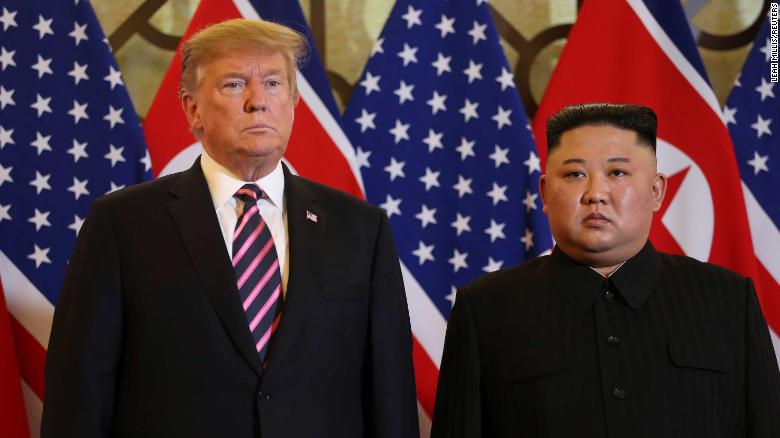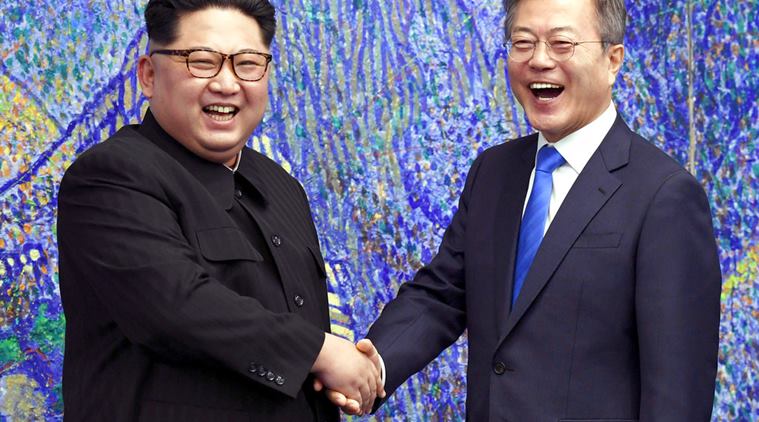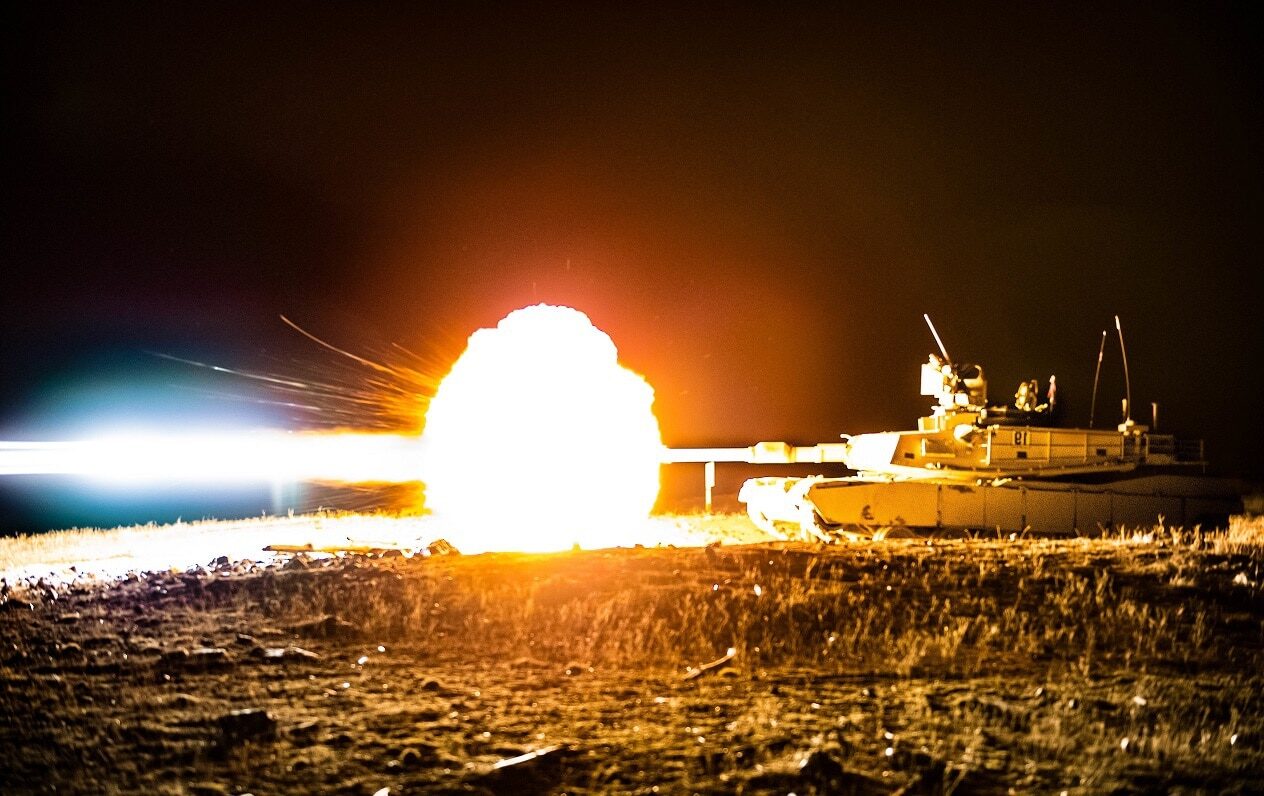 Pursuing a restrained US foreign policy is compatible with helping Ukraine, because restraint still takes threats seriously and Putin is pretty obviously one.
Pursuing a restrained US foreign policy is compatible with helping Ukraine, because restraint still takes threats seriously and Putin is pretty obviously one.
This is a re-post of an essay I just wrote for 1945.com.
I am pretty shocked at how quickly Western opinion gravitated toward abandoning Ukraine just because gas prices and inflation went up.Good grief, people. Ukraine is getting taken apart piece by piece by a quasi-fascist aggressor deploying something like death squads behind the lines, and we can’t tolerate some minor lifestyle pain? Are we seriously that decadent?
More broadly, everybody knows the US needs to follow a more restrained foreign policy. I supported the Afghan withdrawal, even as people we losing their mind that is meant the end of the Western alliance. Helping Ukraine as a proxy does not violate that.
And Kissinger’s schtick that we should arm-twist the victim of the war into giving up tells you more about how Kissinger’s creepy fascination with power and might than it does about US or Western interests. (It’s the same reason he’s been sucking up to China under Xi.)
The war is breaking Russia’s claim to be a great power; we don’t need to treat Putin like he has some realist ‘right’ to stomp on his neighbors. And its pretty clear that Putin is a threat. He’s built a quasi-fascist regime at home and his meddled in his neighbors’ sovereignty for decades. Aren’t we supposed to balance power and threat, not fetishize it?
So yes, the US itself should not march into more quagmires. And yes, the US should not be directly militarily involved in Ukraine. But it is a proxy war pretty obviously in Western national interest, because Putin is pretty obviously a threat. And don’t wave Putin’s nukes around in bad faith. He’s not going to go nuclear against the West, nor does he anticipate a war with the West. If he did, he wouldn’t be allowing his army to be ground up just to take the Donbas. This nuclear scare-mongering is just deflection by pro-Russian MAGA pundits like Rod Dreher, Michael Tracey, or Tucker Carlson to undercut Ukraine, whom they want to lose.
Here is that 1945.com essay:
As the war on terror went off the rails in the last two decades, calls for the US to show greater restraint in its foreign policy grew. One hears such language regularly now from both US political parties. Crucially however, greater caution in US foreign policy need not translate into abandoning Ukraine to be slowly taken apart by Russia. Greater ‘realism’ in US – and Western – foreign policy is not the same thing as cynicism. There is a clear prudential case for helping Ukraine.
Greater Restraint
By now the case for greater restraint in US foreign policy is well understood. After the collapse of the Soviet Union, the United States emerged as the sole superpower, far ahead of any potential rivals. While the administration of President Bill Clinton did not fully grasp just how distinct the US had become, the next administration of President George W. Bush did. And in the wake of the 9/11 terror strike, it launched a massive effort to re-make the Middle East, something only a state with the extraordinary leverage the US had would even contemplate. This led to exorbitant claims fifteen years ago that the US was an ‘empire.’
Read the rest here.

 South Korea got a lot of (deserved) criticism for its erratic, corporate-profits-uber-alles approach to the Ukraine War. It has since come around, but only after the US twisted its arm with export control threats. And its MPs mostly skipped Zelensky’s speech to the SK parliament. All in all it was a pretty poor showing.
South Korea got a lot of (deserved) criticism for its erratic, corporate-profits-uber-alles approach to the Ukraine War. It has since come around, but only after the US twisted its arm with export control threats. And its MPs mostly skipped Zelensky’s speech to the SK parliament. All in all it was a pretty poor showing.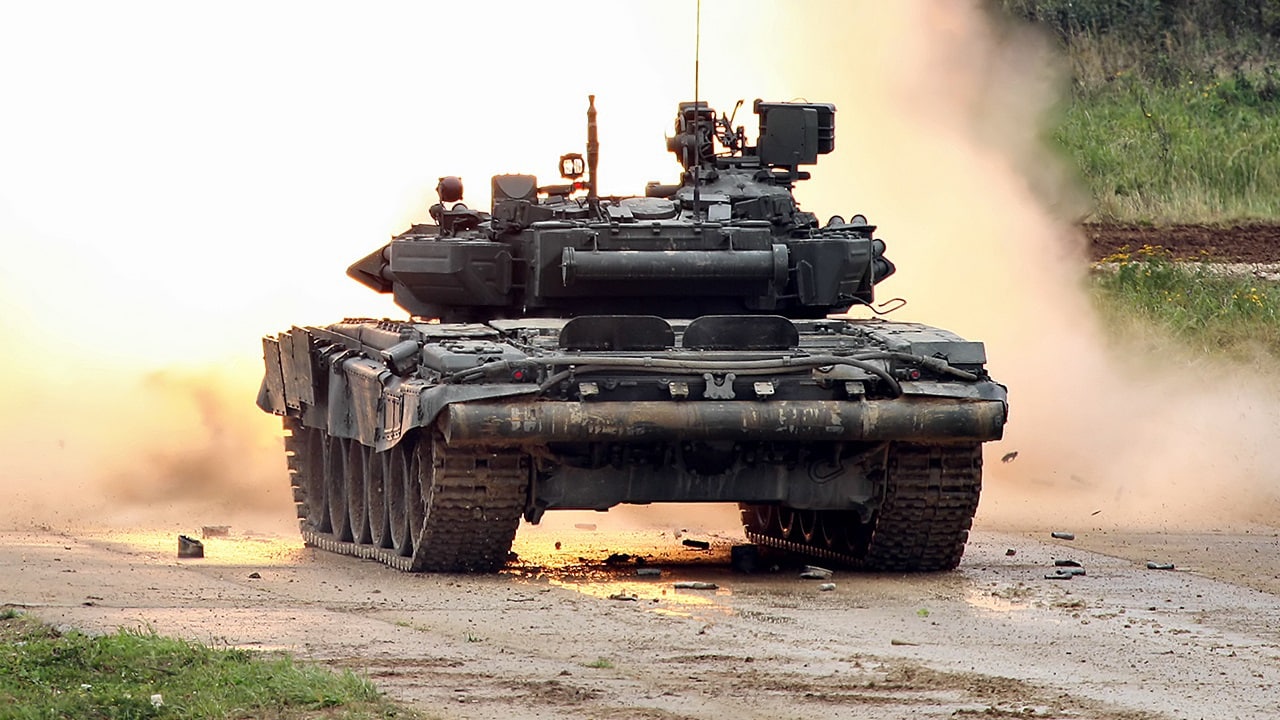 The death squad war crimes in Ukraine now mean that Putin himself is the biggest obstacle to a peace deal. He won’t agree to leave power, but with him still office, neither Ukraine nor the West is likely to accept the
The death squad war crimes in Ukraine now mean that Putin himself is the biggest obstacle to a peace deal. He won’t agree to leave power, but with him still office, neither Ukraine nor the West is likely to accept the 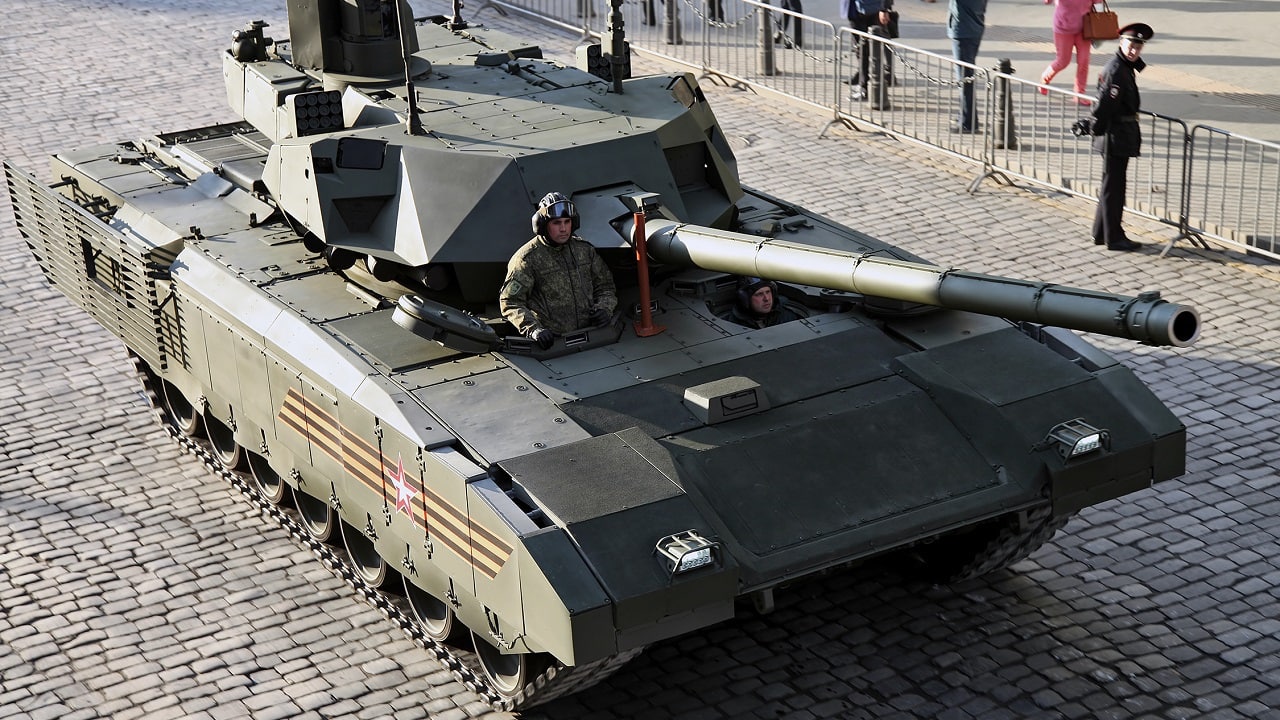 At some point the war in Ukraine will end, and Russia will seek to re-enter diplomacy and the world economy, and shed the heavy sanctions and isolation on it. This will be a major part of whatever the final peace deal emerges. (This is a local re-post of an
At some point the war in Ukraine will end, and Russia will seek to re-enter diplomacy and the world economy, and shed the heavy sanctions and isolation on it. This will be a major part of whatever the final peace deal emerges. (This is a local re-post of an 



